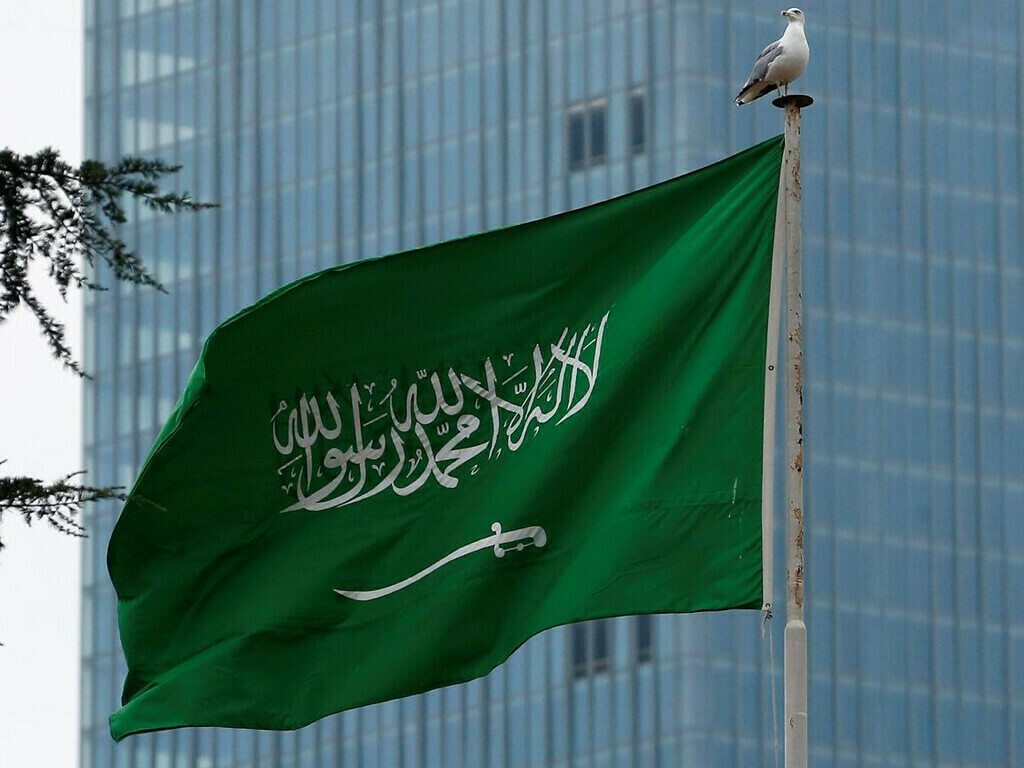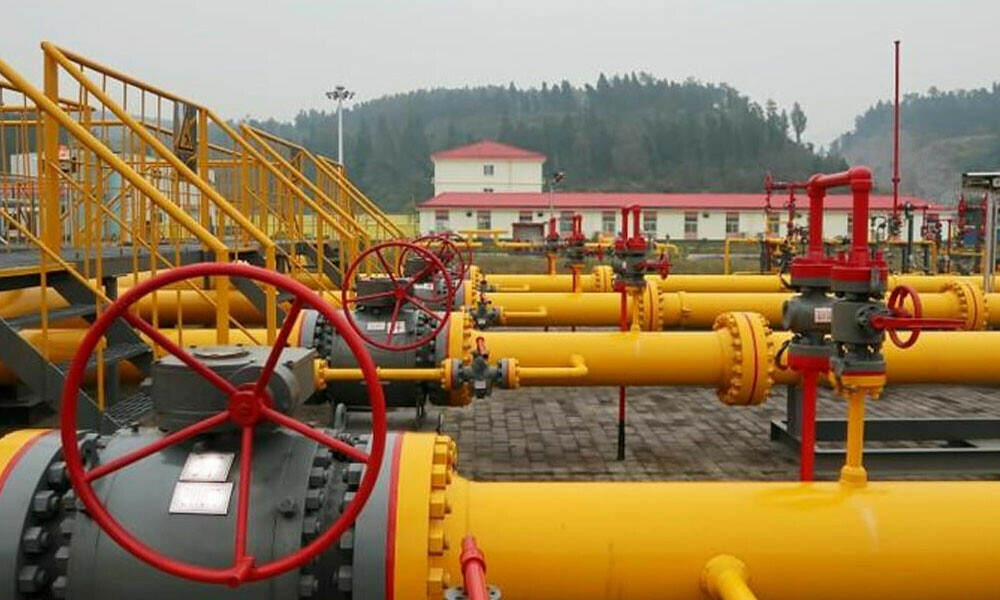PTBP Web Desk
Saudi Arabia condemned the recent Israeli airstrikes on military targets within Iran, cautioning against any further escalation of the ongoing conflict in the Middle East.
This condemnation, articulated by the Saudi Foreign Ministry, reflects the Kingdom’s growing concern over the intensifying hostilities in the region and their potential repercussions on regional stability and security.
On Saturday, the Saudi Foreign Ministry took to the platform X (formerly Twitter) to express its strong denunciation of the Israeli strikes. The statement emphasized Saudi Arabia’s “firm position” against the escalation of the conflict, asserting that such actions pose a significant threat to the security and stability of various countries and peoples across the Middle East. This marked a notable moment in Saudi Arabia’s foreign policy, particularly given the historical complexities of the relationships among Iran, Israel, and other regional players.
The Israeli strikes, which targeted military facilities in Iran, were part of a broader context of escalating tensions between Israel and Iran. Israel has repeatedly stated that it views Iran’s military capabilities and nuclear ambitions as existential threats. In recent months, the rhetoric between the two countries has intensified, with both sides engaging in military posturing and aggressive statements.
Saudi Arabia’s condemnation of the Israeli strikes can be seen as part of a larger narrative regarding its approach to regional conflicts. The Kingdom has historically sought to position itself as a stabilizing force in the Middle East, advocating for diplomatic resolutions to conflicts rather than military confrontations. This recent statement aligns with Saudi Arabia’s longstanding policy of promoting dialogue and negotiation among nations to ensure peace and security in the region.
Furthermore, the Saudi government’s stance also reflects its broader concerns about the repercussions of military escalations, particularly given its own vulnerabilities and the complex security environment in the region. The Kingdom has faced various security challenges, including threats from Iran-aligned groups in neighboring countries, which have heightened its sensitivity to conflicts involving Iran.
The Saudi Foreign Ministry’s warning against escalation underscores the delicate balance of power in the Middle East. The ongoing tensions between Israel and Iran, combined with the involvement of various regional and international actors, create a precarious environment where any military action can quickly spiral out of control. The potential for unintended consequences from such strikes poses significant risks not only to the directly involved parties but also to neighboring countries, including Saudi Arabia.
Moreover, the statement from Saudi Arabia emphasizes the need for collective action to prevent further destabilization in the region. The Kingdom’s call for de-escalation resonates with its broader vision of promoting stability through cooperative security arrangements and diplomatic engagement. This approach aligns with Saudi Arabia’s recent initiatives to strengthen ties with various regional players and foster dialogue to address common security challenges.
As tensions escalate between Israel and Iran, the role of international actors becomes increasingly important in mitigating the conflict. Saudi Arabia’s condemnation serves as a reminder that the international community must pay close attention to the dynamics in the region. In particular, the United States, as a longstanding ally of Israel and a key player in Middle Eastern geopolitics, holds significant influence over the situation.
The U.S. has consistently expressed support for Israel’s right to defend itself while also advocating for stability in the region. Balancing these interests requires careful diplomacy to avoid exacerbating tensions. Saudi Arabia’s condemnation of the Israeli strikes may also serve as a signal to the U.S. and other international stakeholders to engage more actively in promoting dialogue and conflict resolution efforts.
While Saudi Arabia’s condemnation of the Israeli strikes highlights its opposition to military escalation, it also raises questions about its relationship with Iran. Historically, the Kingdom and Iran have been regional rivals, with significant ideological and geopolitical differences. However, in recent years, there have been efforts to thaw relations between the two nations, particularly through diplomatic channels.
Saudi Arabia’s firm stance against the Israeli strikes could be interpreted as a move to assert its position as a leader in the Muslim world, particularly in opposition to perceived aggression from Israel. This dynamic may influence Saudi-Iran relations, as both countries navigate the complex landscape of regional politics. Finding common ground on issues related to security and stability could pave the way for improved relations and dialogue between Riyadh and Tehran.




